The Joker has one of the most complicated mental states in DC Comics history. Some fans have argued that the Joker is insane and therefore not responsible for his actions. Other fans believe that the Joker is perfectly sane, even super-sane, and entirely aware of his actions. It’s possible that both of these theories might be true thanks to one obscure issue that perfectly explains how both interpretations of the Joker are accurate.
In 1997’s The Spectre #51 by John Ostrander, Tom Mandrake, Todd Klein, Carla Feeny, and Digital Chameleon, the Spectre provides the key to putting this debate to rest. Wanting to see if the Joker’s evil is worthy of punishment, the Spectre enters his mind and finds that the Joker no longer has a conscience. For whatever reason, he has lost his ability to tell right from wrong, so the Spectre decides to give him one, which just ends up making the Joker far scarier.
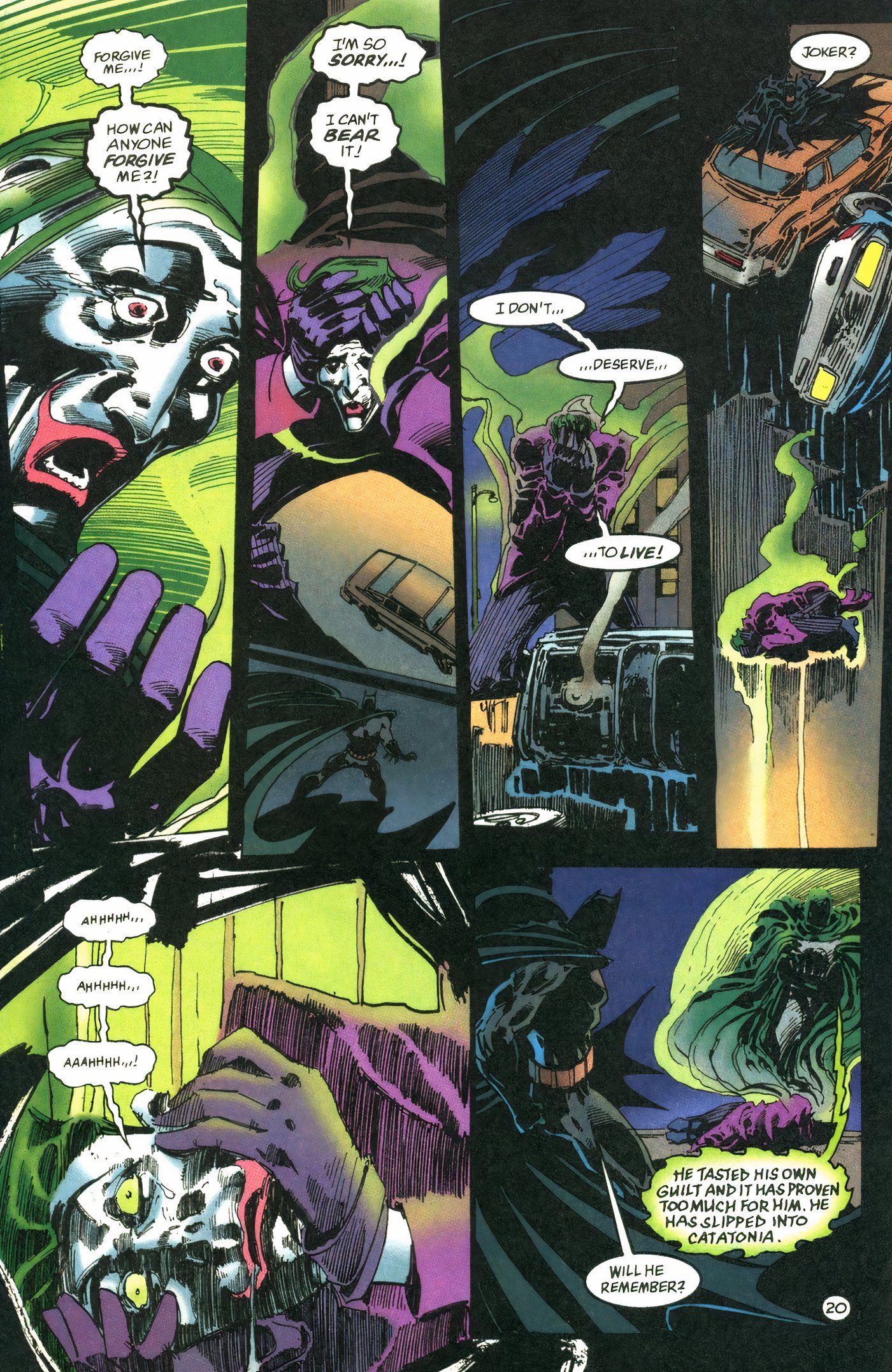
The Spectre grants the Joker a conscience, which causes him to immediately feel regret and remorse over his actions. Batman questions if the Spectre has finally defeated the Joker for good, but the Spectre explains that the Joker will likely repress his conscience and return to his villainous ways — which has some rather horrific implications.
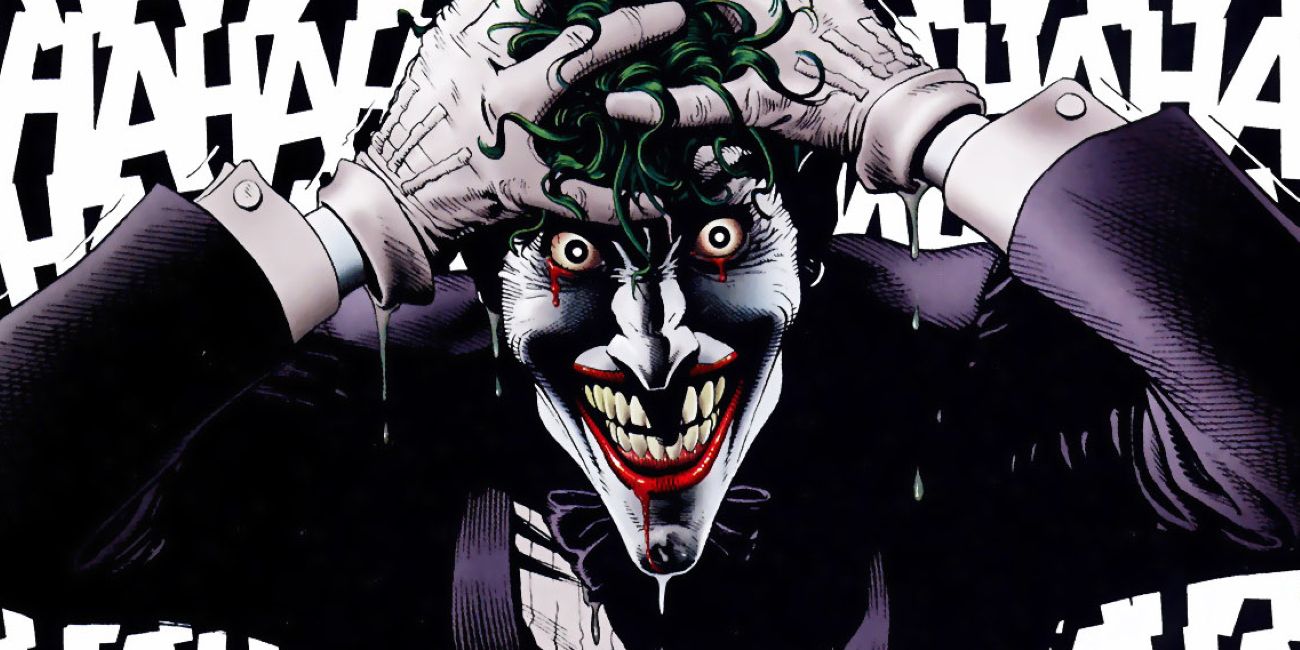
Related
The Joker’s Madness Can Be Cured, And [SPOILER] Proved It
The Joker may be seen as one of the most evil supervillains of all time, but a member of the Justice League once cured his madness. Completely.
The Joker Has Moments of Lucidity – But They Always Fade
Panel from JLA #15 by Grant Morrison, Greg Land, Howard Porter, Gary Frank, John Dell, Bob McLeod, Pat Garrahy, and Ken Lopez
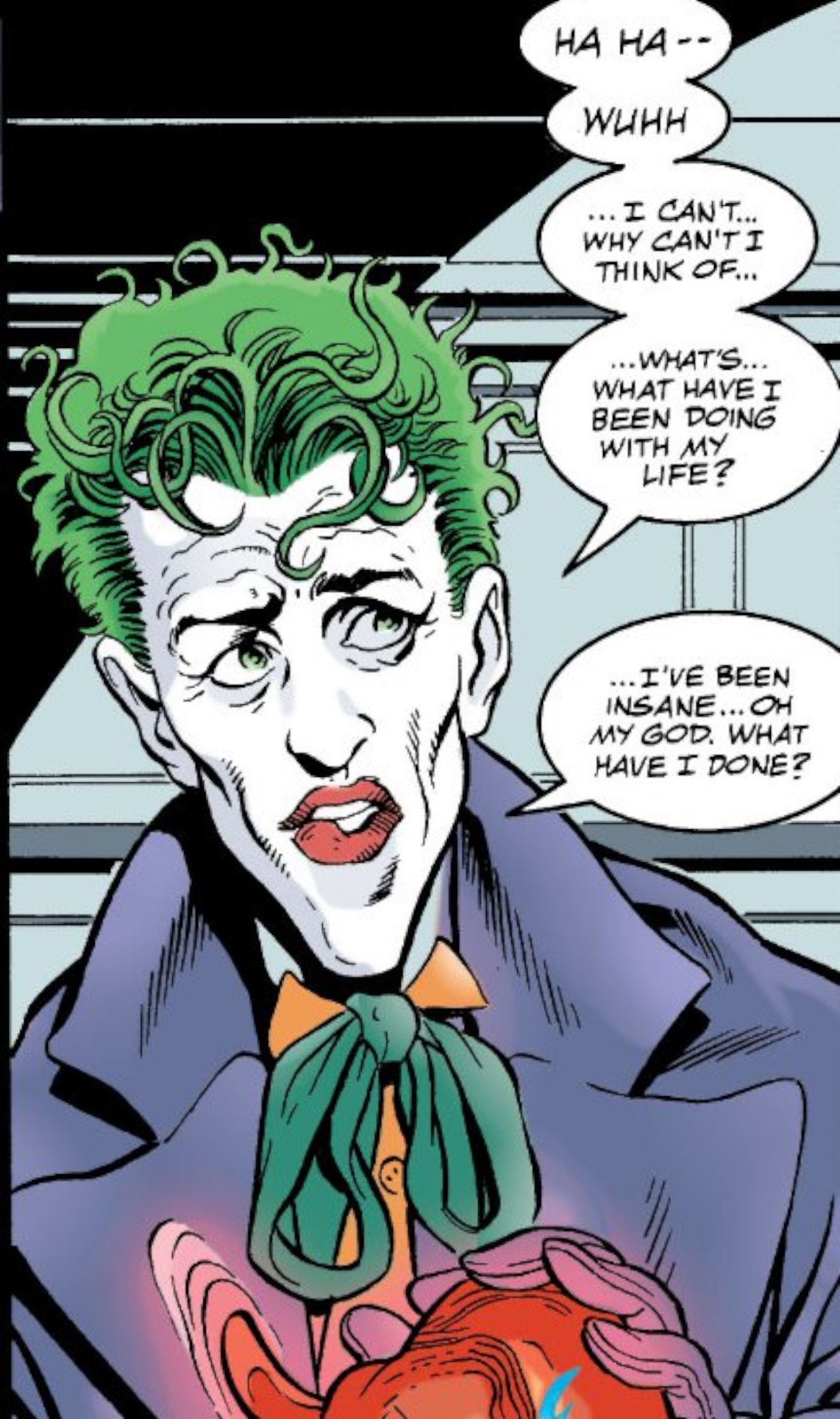
The Joker’s mentality has always been complex. Some creators have brought forth the idea that the Joker is super sane, that he knows exactly what he’s doing. Other creators have asserted that the Joker is simply insane, so much so that he can’t possibly be held responsible for his actions. Batman even makes this exact argument in The Spectre #51. But by giving the Joker a conscience, it’s possible that the Spectre accidentally fused these two interpretations of the Joker. Instead of knowing what he’s doing at all times, or being completely oblivious, he may switch between the two states of mind.
The Spectre states that the Joker will eventually repress his conscience. It will always be there, but the effect of it will be massively less powerful over the years. This means that it’s possible, sometimes, that the Joker can call on his conscience, which is massively suppressed, to figure out exactly the most evil way to hurt Batman. This is best shown in Batman: Death of the Family, where Joker has the over-the-top impulse to cut off his face, but he also has a very clear agenda and detailed plan to hurt Batman and destroy the Bat-Family.
The Joker Sometimes Actively Chooses to Be Evil
Panel from Batman #90 by James Tynion IV, Jorge Jiménez, Tomeu Morey, and Clayton Cowles
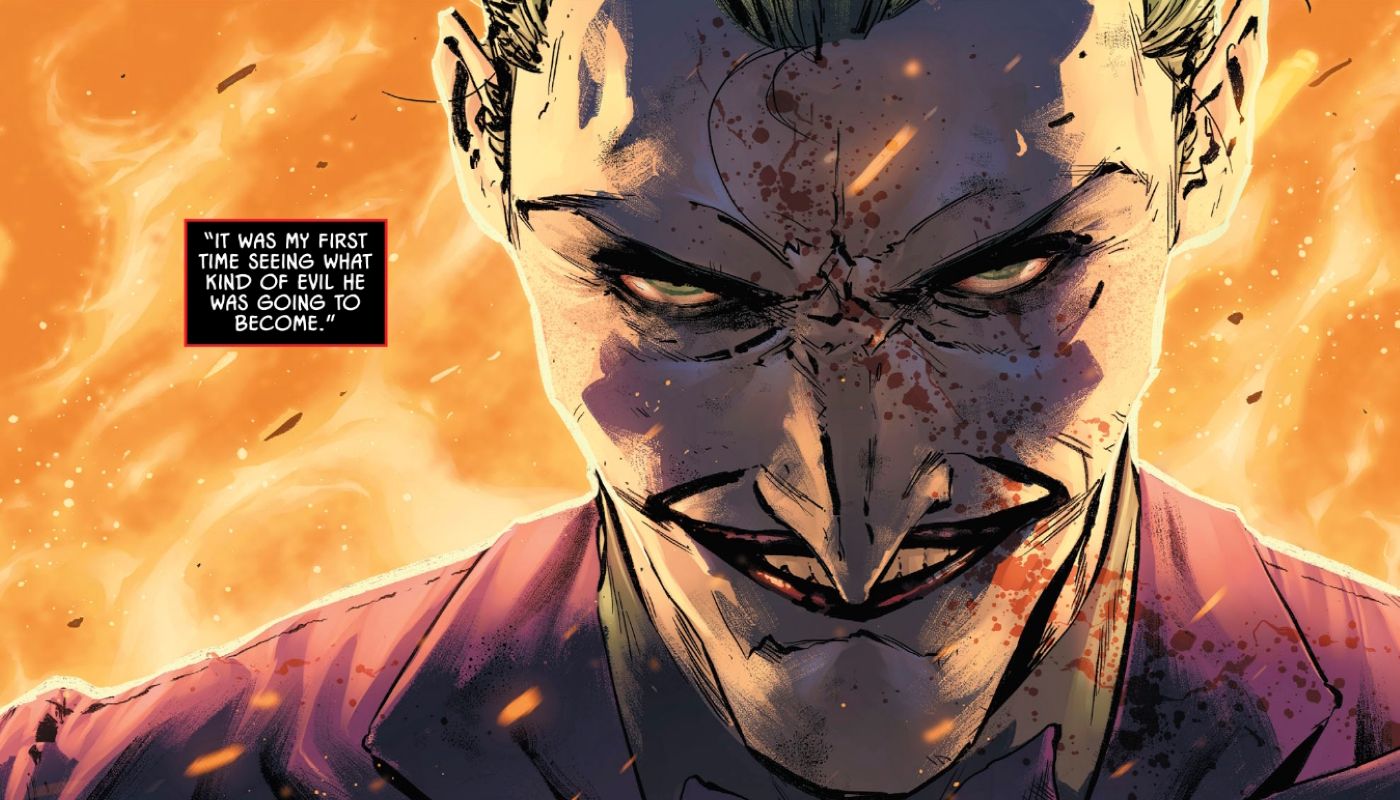
Before the Joker got his conscience, there’s no doubt that he was unable to tell right from wrong. But everything he’s done after 1997 could very well be because the Joker has realized the difference between right and wrong and still chooses wrong due to his conscience being suppressed. This makes the Joker far more terrifying than if he were just a monster incapable of knowing that what he’s doing is evil. It seems, instead, that the Joker is very aware now, which makes him all the more terrifying, as he can officially fit into both fan theories.
The Spectre #51 is available now from DC Comics!
The Joker
- Created By
-
Bill Finger
, Bob Kane
, Jerry Robinson - First Appearance
-
Batman (1940)
- Alias
-
Arthur Fleck
- Alliance
-
Injustice League, Legion of Doom, Injustice Gang
- Franchise
-
D.C.

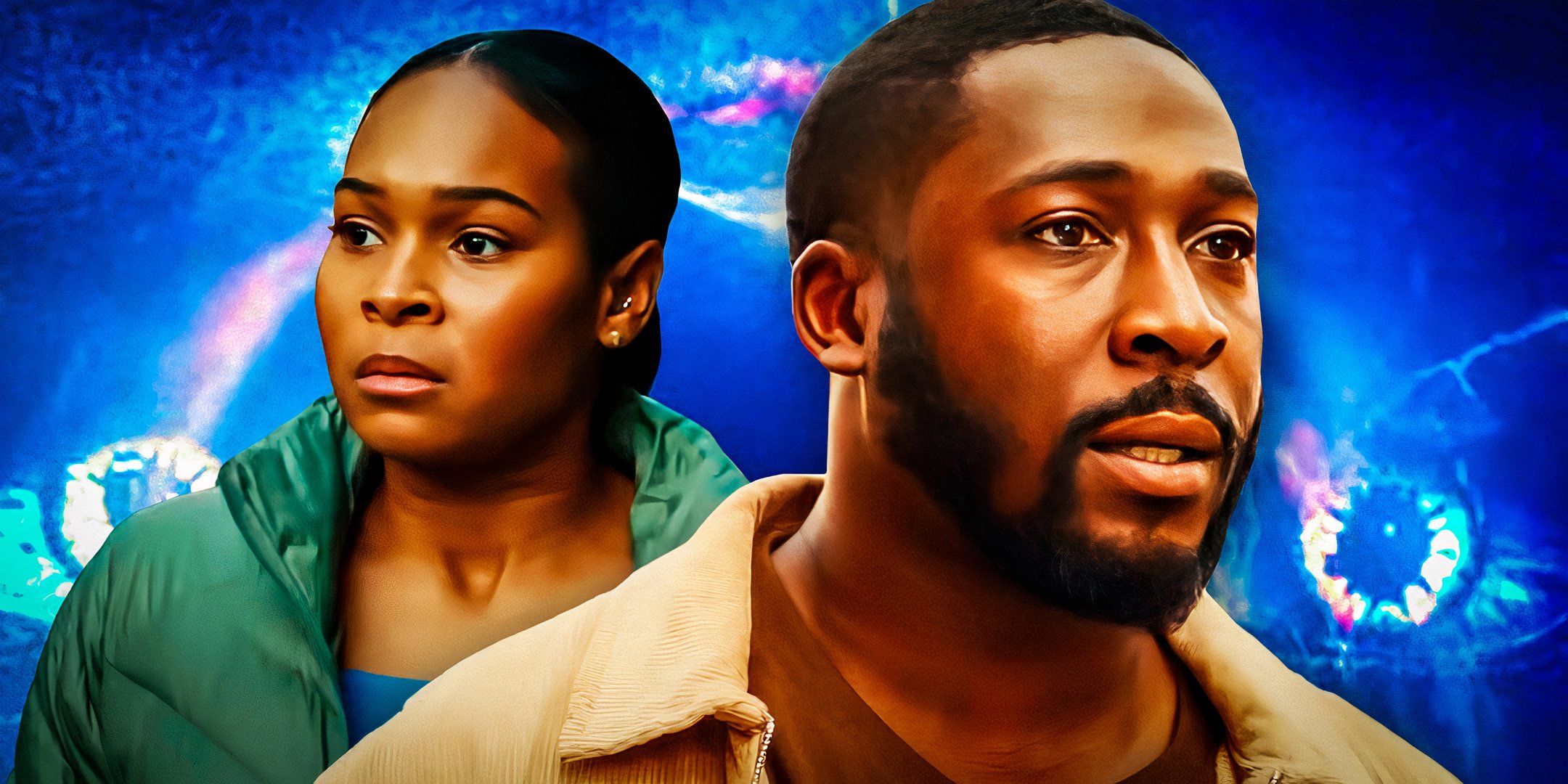

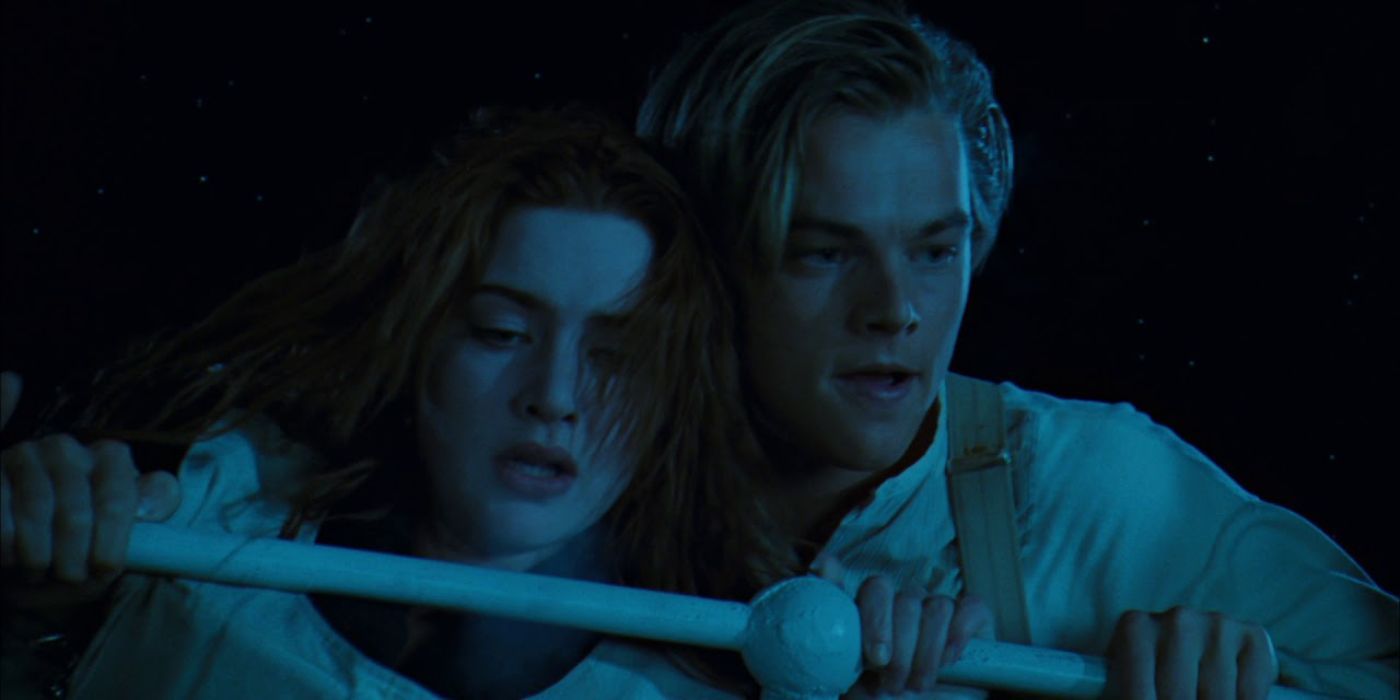
-Featured.jpg)
